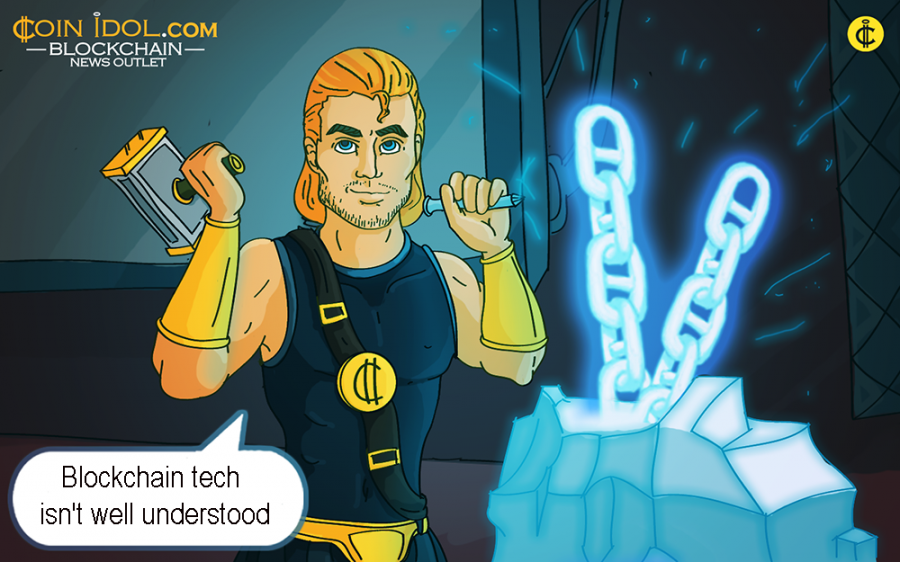Blockchain Tech isn't Well Understood, the Report Reveals

The U.S National Institute of Standards and Technology (NIST) has concluded its report on Blockchain technology and alluded that there are fewer use cases to which it should be applied.
The report discovered that there is less comprehension of what Blockchain technology does and the way it can be used.
"There is hype around the use of blockchain technology, yet the technology is not well understood. It is not magical; it will not solve all problems," the report's [ pdf] authors said, adding "As with all new technology, there is a tendency to want to apply it to every sector in every way imaginable."
Why was Blockchain Created?
Blockchain technology was developed for matters where there is less or no faith among parties that desire to carry out direct transactions between themselves without the involvement of a trusted third party.
Inasmuch as traditional applications pursue the create, read, update, delete (CRUD) functions for data, distributed ledger technology (DLT) only has CR. Older information can be obsoleted but its impossible to delete data from a DLT and every entry is confirmed by cryptographic calculation.
This annex-only mode offers DLT the ability to give a complete transactional history while being tamper-evident and permanent; sharing the DLT among all users gives transparency and resilience against malicious attacks by illicit players.
However, NIST indicates theory isn't translating into practice. The report reveals DLT's immutability isn't properly done and can be desecrated if an attacker gathers adequate resources to exceed the pace the block formation rate of the network.
Blockchain Tech Misconceptions
Although DLT is taken not to demand a trusted central authority, the actuality is that a significant amount of trust is required for the technology to operate.
In September, the French data privacy watchdog, the National Commission on Informatics and Liberties (CNIL) weighed in on DLT versus General Data Protection Regulation (GDPR).
Unable to delete data as needed by GDPR means DLT doesn't stand properly with present privacy regulation, CNIL revealed.
Regardless of the above warnings, NIST revealed DLT solutions could operate in cases with several and distributed users, sans a faithful third party.
In most scenarios, however, DLT is a solution searching for a problem and a database will play a better role in lieu, the standard body revealed.
Price
Price
Price
Price
Price

(0 comments)